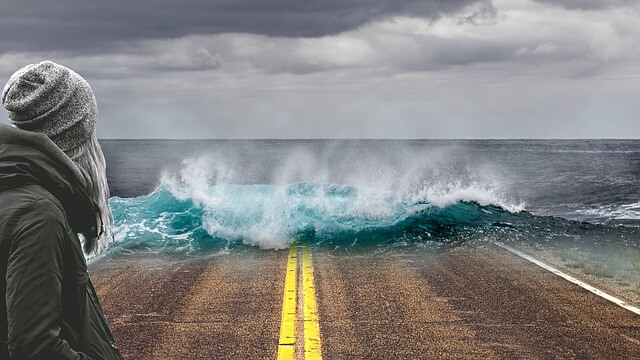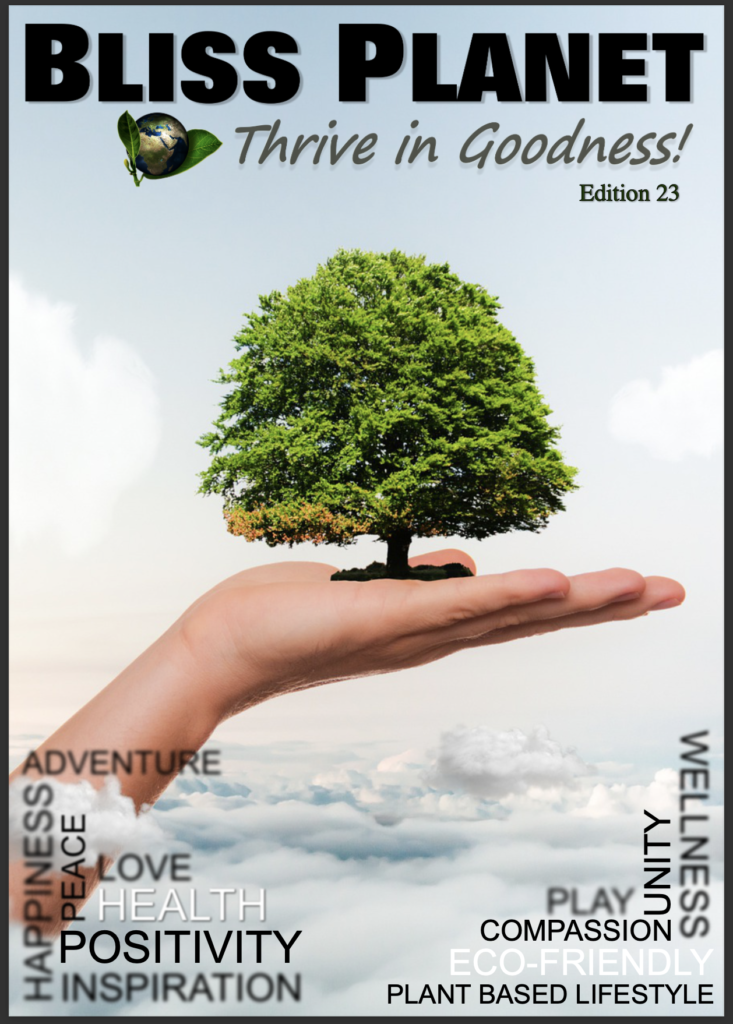Why is there so much cloudiness and uncertainty about the science of climate change. So much so that polls of the public show that in countries like the US, more than half the population are not convinced.
As far back as 1824, John Fourier stated that the earth would be colder if we had no atmosphere. In 1859, John Tindall measured infrared absorption of greenhouse gasses. In 1896, Svente Arrhenius published the first calculation of the impact from human emissions of CO2. In 1938 G S Callendar stated that CO2 induced global warming was underway and in 1958, Charles Keeling measured CO2 in the atmosphere and accurately measured the annual rise of CO2 concentrations.
In the 1970’s scientists began making specific predictions about likely climate change impacts from our use of fossil fuels. Since then, thousands of scientific studies have solidified evidence which now forms the mainstream scientific view that humans are causing the warming of the planet. A 2009 study found that 97-98% of scientists actively working in the climate change field believe in human induced climate change. Another poll in the same year found that 75 out of 77 climatologists who listed climate science as their area of expertise, believe human activity is a significant factor in changing global temperatures.
From this it can be seen that the Intergovernmental Panel on Climate Change (IPPC) reflects the consensus view of the majority of scientists working in the field. And yet, many people believe the IPPC is undertaking some kind of great conspiracy to fool us into taking unnecessary and expensive action for a non existent problem. How and why has this occurred?
There are a few genuine minority skeptic scientists who challenge the mainstream consensus and who play a vital role in refining ideas through conducting their own research and through the peer review process. However, a closer look at what has actually unfolded shows a different picture.
Current public opinion has been largely shaped by a 30 year campaign to discredit the scientific consensus (and individual scientists) by those who are funded and affiliated with organizations that are ideologically opposed to government intervention in the fossil fuel market or to limiting the use of fossil fuels. During the 1980’s and up to the present day many political think-tanks were created with the express purpose of defending free markets. Generally, these organizations do not produce peer reviewed scientific work but donate money to other groups and pay people to write articles, blogs, books and give seminars which disseminate an alternative narrative on climate change. This narrative can only be successful if the IPPC is painted as wrong on the science and conducting some kind of conspiracy to foist misleading and wrong information upon the unsuspecting public. Many of the people involved in this process are not scientists but strategists and political lobbyists vastly more skilled at conveying short snappy sound bite messages to the public. The result is that public debates tend to result in any scientist brave enough to step forward getting a thrashing in a media world that plays by very different rules than the ones they are familiar with. They usually come off looking boring dry, overly technical and out of touch with “the real world”. This problem is then made worse by a media trying to give fair coverage to both sides. Giving equal time and weight to both the dissenters and the scientists. The public then makes the false assumption that the science is largely unsettled. The difficulty dealing with climate change in this way is that science is not a matter of public debate or public opinion as so many other important conversations are, but is a straightforward question of fact. The earth is either being unnaturally warmed by us or it is not!
The work of charming climate change denying public speakers, blogs, films, and books, is not subjected to the rigors of scientific peer review which is the place where consensus science is tested, honed and refined.
Evidence showing that the current warming is man-made can be found from an understanding of the different way the planet warms from natural causes like the sun or volcanoes, than when warming is caused by us. Scientists call this kind of causal connection between human activity and the climate as “fingerprinting”. For example, If the upper troposphere warms as the lower atmosphere cools; if nights warm up faster than days; if oceans warm at depth; if the amount of heat escaping the atmosphere decreases, then this evidence points clearly to human-caused warming, not natural warming.These phenomena reflect increases in greenhouse gasses rather than changes from natural processes that have in the past caused climate changes and climate cycles. These changes are now being directly observed by scientists which are why the consensus that we are altering the balance of the climate by burning fossil fuels exists. According to the International Energy Agency as of early 2015, we burn 94 million barrels of oil (a barrel is 35 gallons or 159 litres) per day or 34 billion barrels a year.
December 2015 is yet another opportunity for the world’s governments to come together and attempt to find a pathway towards a zero carbon emission economy. It is a challenging and daunting task. However, renewables are sweeping across the world with many developing countries being urged to leap-frog over coal, oil, and gas straight to clean alternatives. This process will take courage and financial help. It will require that they and we leave the bulk of our remaining coal, oil and gas in the ground.
This is a difficult economic and ethical decision to make but this is also a story not yet completed. It is the story of a physical planet problem caused by us that must be approached with our very best ideas from both the left and right of the ideological political divide. Ultimately it sits above politics and money. No doubt there is more to learn about the natural world but waiting for yet more data is ethically repugnant when we consider the consequences of doing nothing and being wrong.
More than anything else, climate change is a problem that once clearly “seen”, we can and will start to solve to ensure the protection of this precious jewel of a planet which is our home.





